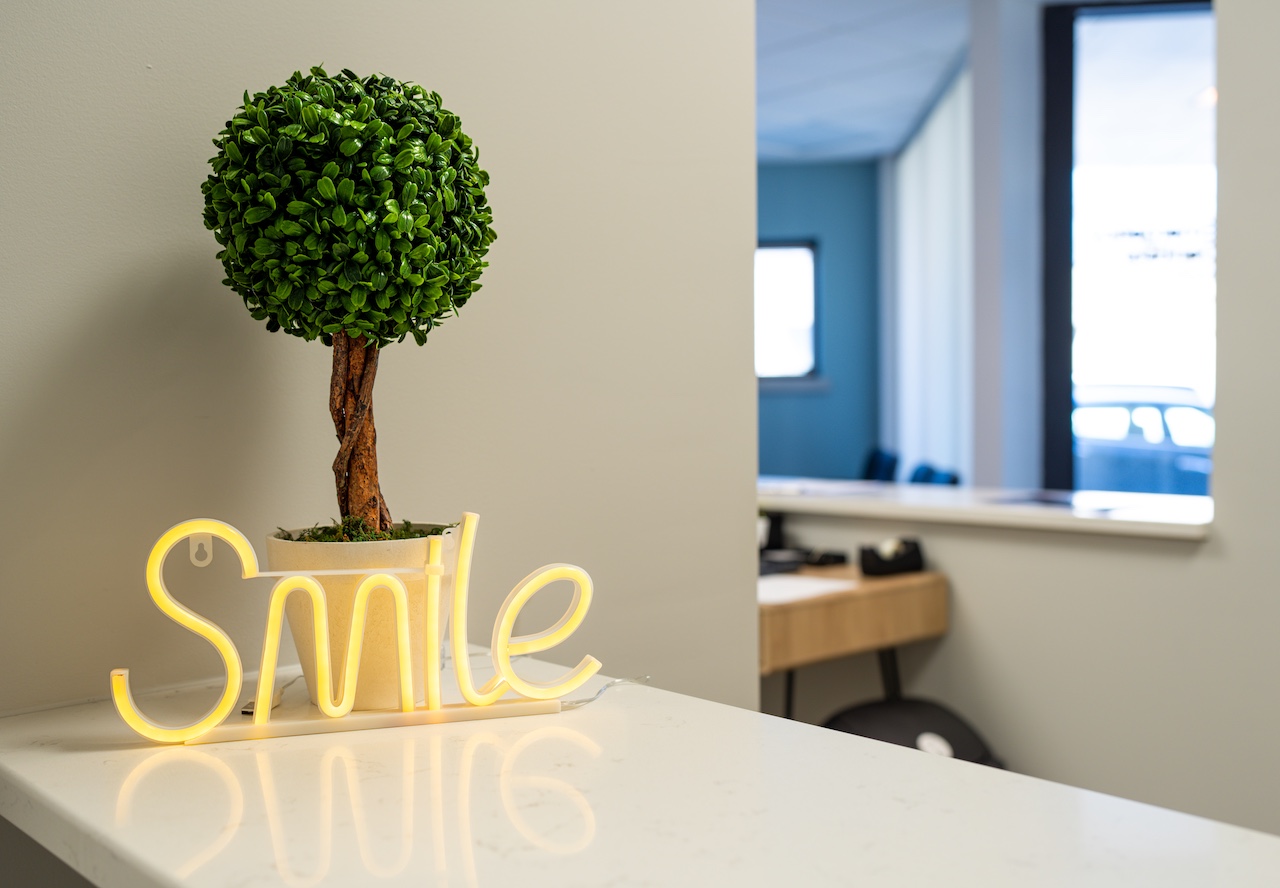You go to your regular dentist for a simple cleaning and are told you need a debridement instead. Is this a dental emergency? What have you been doing that lead to this? Most importantly, if your cleanings were covered, will insurance pay for this dental procedure? Brush up on the differences between a cleaning and a debridement so you’re prepared for your next dental visit.
What is a Debridement?
Imagine a Paleontologist or an Archaeologist discovering a fossil or ancient artifact. Before they can fully inspect the object, any debris must be removed and the object must be cleaned in order to get an accurate inspection. If the item found was already fairly clean, it wouldn’t need more than a quick brush before the professional can inspect the item. The same can be said for teeth.
Put simply, a debridement is a procedure needed when the patient has thick or dense deposits on the teeth that a regular cleaning cannot remove. This procedure is needed when teeth are deeply covered in plaque and calculus to the point where the dentist and staff cannot check for decay, infections or gum disease. This is often the primary procedure done before anything else can be checked during a visit because the dense plaque hinders the dentist’s ability to check for other possible dental issues. A debridement and a cleaning are simply not the same. This is a common confusion and even dental staff can have trouble explaining the two in an easy-to-understand way.
What Leads to Needing a Debridement Cleaning?
To answer that question, we must first address Plaque and Calculus. Plaque is the soft, sticky substance made of bacteria that forms on teeth. Calculus, commonly referred to as tartar, is a hard, mineralized deposit similar in consistency to cement that is formed from existing plaque. Both Plaque and Calculus can form even if you believe that you take good care of your teeth. For example, using a worn toothbrush, brushing too quickly, using a toothbrush that is far too stiff or just an ineffective brushing technique could lead to plaque and calculus build-up.
How is it Different From a Regular Cleaning?
This is where it could get confusing. A regular cleaning is the removal of plaque, calculus, and stains from teeth. Dental instruments are used to scrape these away from teeth. Sound familiar? A regular cleaning is very similar to a debridement, however, a debridement is a procedure recommended for patients with very dense deposits of plaque and calculus that would interfere with the dentist’s ability to perform an oral evaluation. It is a preliminary procedure that is done before the dentist can perform any additional procedures or dental work.
The Good News
A debridement may take longer than a usual cleaning and will often cause a little tenderness to the gums. Once this is done and you are plaque and calculus free – you have a fresh start and can take preventative steps to make sure you do not need one again! Luckily, there are ways to avoid ever needing a debridement. With exceptional dental care, you can stick with regular cleanings! Be sure you are using a toothbrush that your dentist recommends and replace that toothbrush often. Be sure to brush twice a day in the manner your dentist recommends and be sure not to brush too quickly.
This isn’t just about teeth!
Be sure to also brush your tongue, cheeks and gum line to rid your mouth of any excess plaque. Daily flossing can also keep plaque deposits at bay in those hard to reach areas. Of course, above all else, schedule your regular dental cleanings so plaque and calculus build-up can be addressed when they first start to form and you can maintain a beautiful, tartar free smile!
